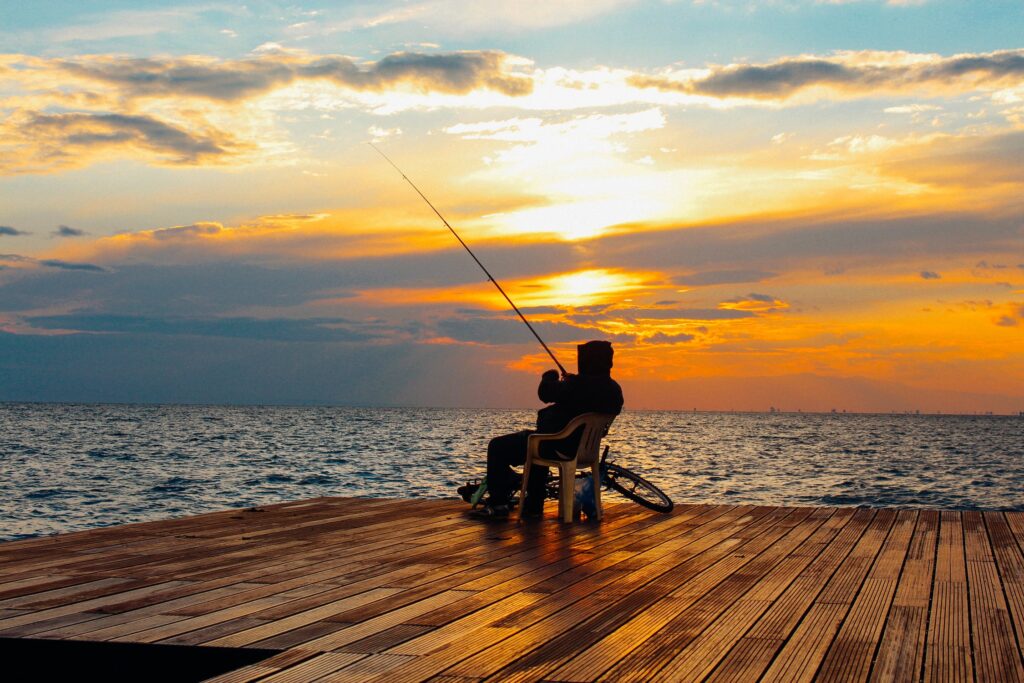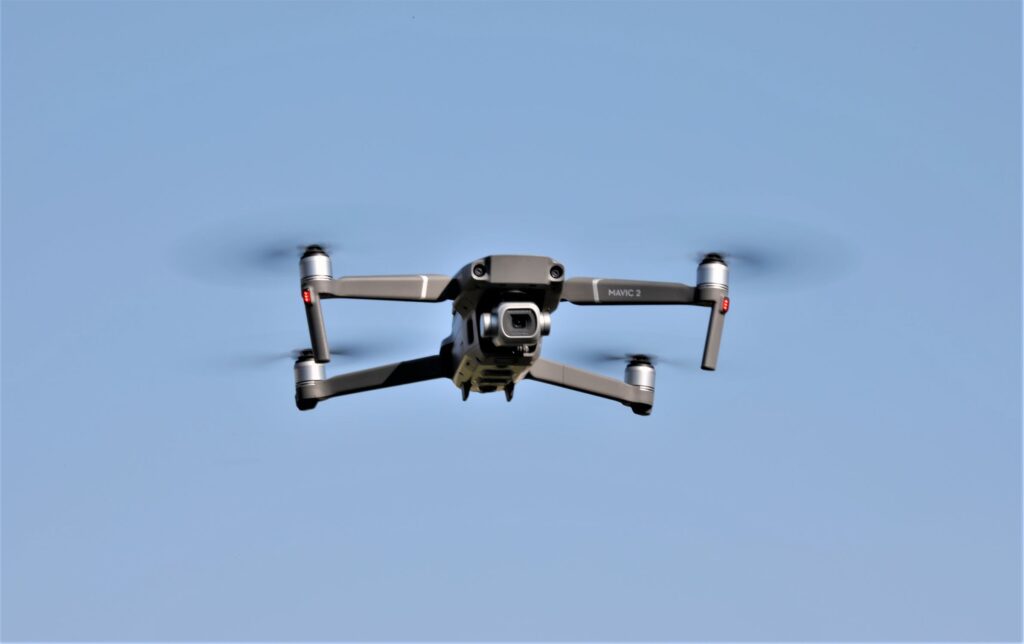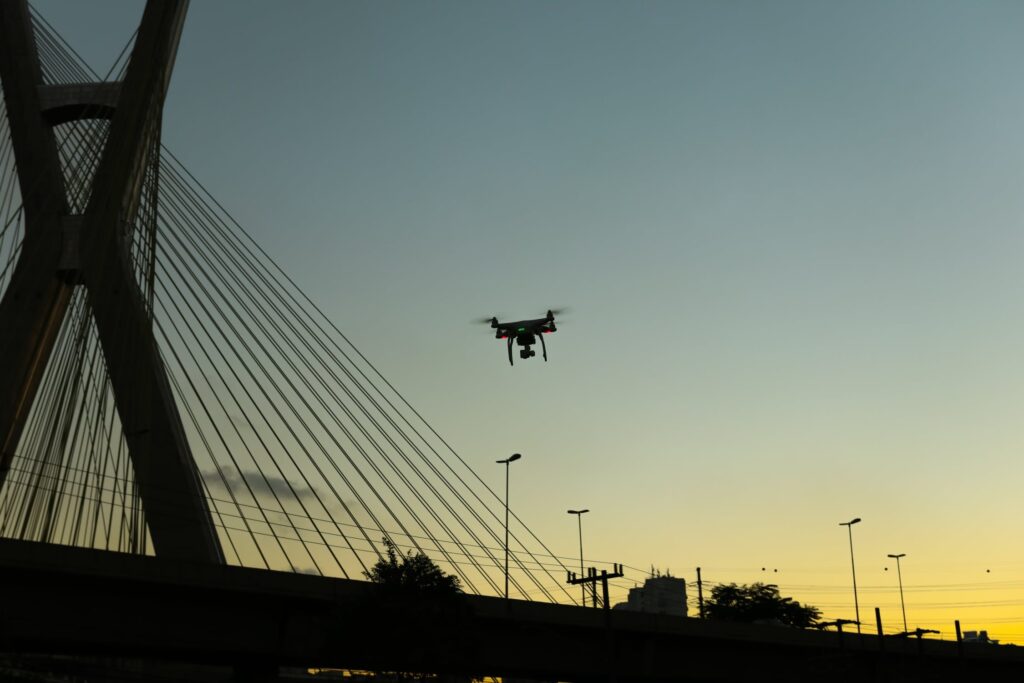Hunting and Fishing: The proliferation of the buzzing sound of drones overhead in recent years has brought significant changes in bees overhead, limiting their use by hunters. This is certainly the case with deer and other game animals. Drones should not be used to scout or bother animals.
Although a noisy drone that sounds like a “swarm of bees” can be used to flush waterfowl out of an off-limits marsh or field so someone could push them to waiting shooters, to be able to do that successfully, according to duck or goose hunters, is extremely difficult.
Although it is illegal to use a drone while hunting in Alaska an elk, moose or bear hunter can use a drone to locate an animal in a thick forest from above, by providing him an eye-in-the-sky that doesn’t require hiking through tough terrain. Locating a deer, a moose, a bear, or other type of big game is legitimate in Alaska, as long as there is a waiting period of a day before those animals spotted by the drone can be hunted. Like Alaska, many other states have now passed a similar rule.
Flying a drone over an area when deer are not in season to find a new hunting spot is legal, as long as the operator isn’t harassing wildlife. Whether a drone is being used to harass wildlife, however, is a very subjective standard.
Using drones in and around forests is very difficult because the range of drones is not very long since the drone batteries only last about 30 minutes. Since most inexpensive drones, when they get lost, will fly back to their point of departure, they will fly directly to that place whether there are barriers or not. If there are barriers, they will not fly around the barriers, but will typically fly right into them.
Another limitation in using drones for hunting is the Federal regulation that requires that drones must stay within sight of the person flying them, which is 400 feet.
Although using drones for deer scouting and hunting is controversial, fishing drones are not such a problem to use, because there are no laws against using drones to catch fish.
Ethical Standard
The standard for inclusion of any ethical issue is fair-chase protocols, which means that something illegal can never be fair chase. Fair chase should be a consideration for every licensed hunter whenever and wherever they hunt. The motivation behind fair chase is the recognition that humans have obvious advantages over animals.
FEDERAL REGULATIONS
Other than state restrictions, anyone who buys a drone needs to read and understand the federal regulations. The FAA rules basically limit flights to daylight hours and visual-line-of-sight operations.
Here are basic regulations:
- A drone operator must be at least 13 years-old.
- A drone operator must be a U.S. citizen or legal permanent resident.
- Drones need to be labeled with the registration number.
- A recreational pilot must carry proof of registration when flying and must fly only for recreational purposes.
- Drones are to weigh .55 (250 grams) -55 pounds.
- Drones must be operated under 400 feet.
- Drones cannot fly faster than 100 miles per hour.
- Drones can be operated only during the daytime.
- Drones must stay within the line-of-sight of the operator. In other words, if you can’t see your drone, you’re flying it illegally.
- Drones cannot be flown over groups of people, near other aircraft, over stadiums or sporting events, or near emergency response efforts like fighting wildfires.
- Drones cannot be operated within 5 miles of an airport without first obtaining permission from both the air traffic controller and the airport operator.
- Operators are prohibited from using drones when under the influence of alcohol and/or drugs.
Future
Today’s aerial camera drones can serve as scouting tools for hunters.
According to most hunting-conservation organizations, if technology becomes a substitute for basic hunting skills, then technology minimizes the challenge of hunting, and is likely to lessen public support for hunting.
As long as the ethical standard in hunting and fishing is fair-chase protocols, the future for using drones in hunting and fishing will continue to be appreciated as a respected sport.
Frank Miniter, “Are Drones Suitable for Hunting & Fishing?” (May 18, 2016)



